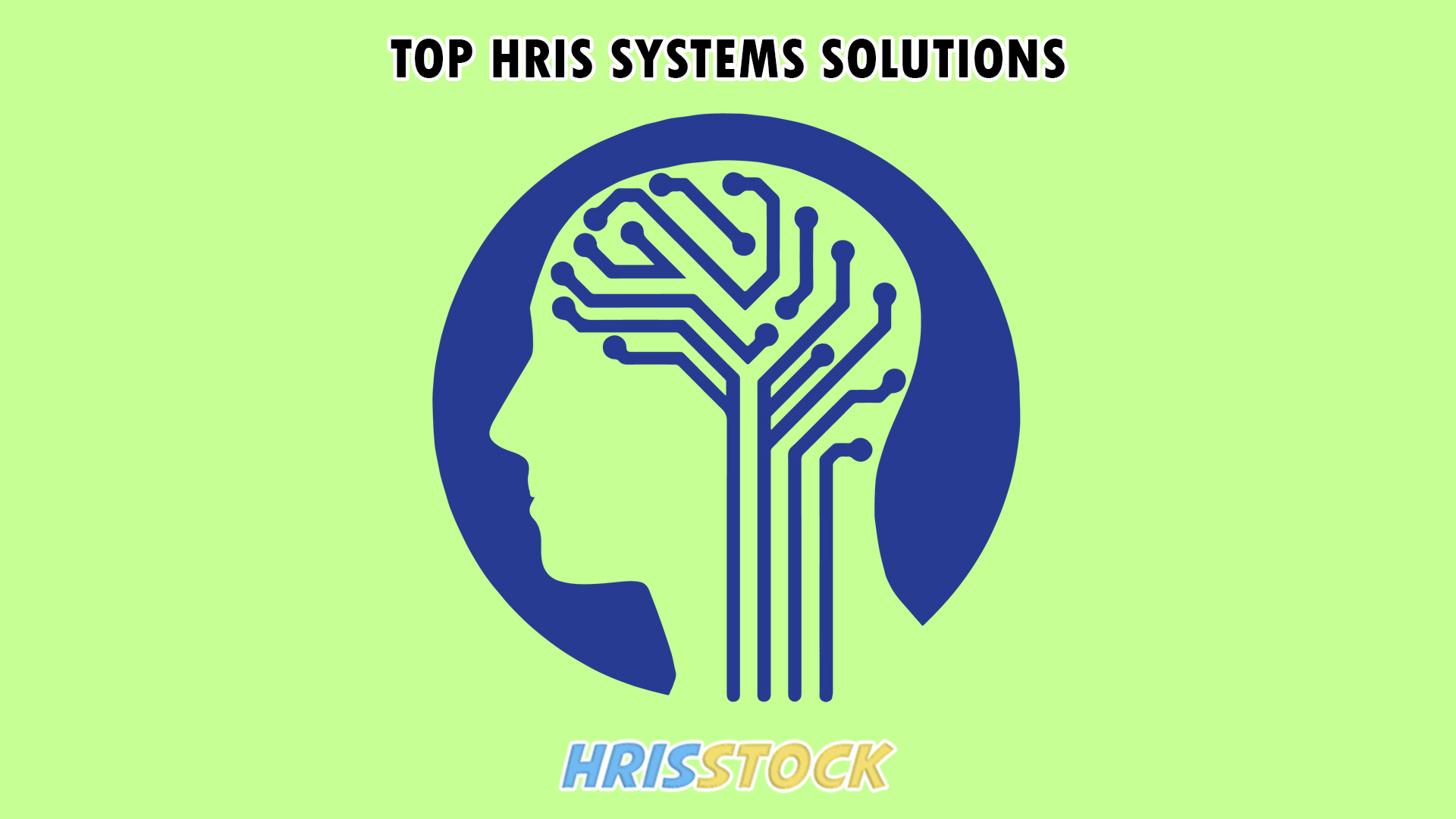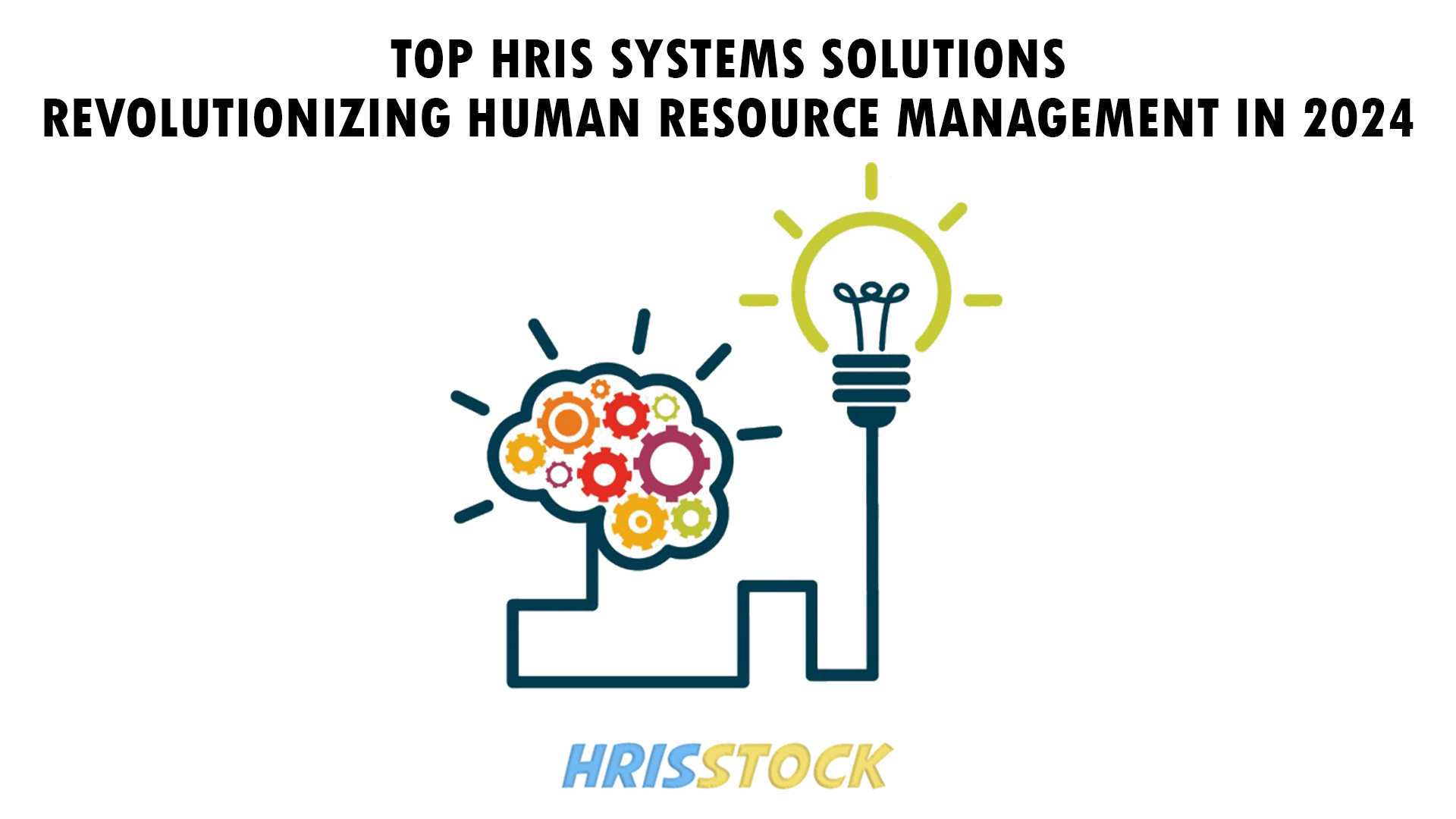In the fast-paced world of 2024, businesses are continuously searching for innovative solutions to streamline their operations. One area that has seen remarkable advancements is Human Resource Management.
The rise of sophisticated Human Resource Information Systems (HRIS) has fundamentally changed how organizations manage their most valuable asset: their people.
HRIS systems are no longer just about tracking employee data. They have evolved into comprehensive platforms that handle everything from recruitment to retirement.
With the increasing complexity of workforce management, the right HRIS solution can be a game-changer for companies looking to enhance efficiency, improve employee engagement, and stay ahead in a competitive market.
Let’s delve into some of the top HRIS systems in 2024, exploring what makes them stand out and why they might be the perfect fit for your organization.
Understanding HRIS Systems Solutions
An HRIS, or Human Resource Information System, is a sophisticated software solution crafted to streamline and manage a variety of human resources functions and processes within an organization.
This comprehensive system integrates key HR functions into a unified platform, effectively consolidating activities such as payroll processing, benefits administration, recruitment, performance management, and employee data management.
One of the primary advantages of an HRIS is its ability to automate routine HR tasks. By doing so, it significantly reduces the need for manual intervention, which not only enhances operational efficiency but also minimizes the risk of errors.
For example, automated payroll systems ensure that employees are paid accurately and on time, while benefits administration modules manage employee enrollments and claims seamlessly.
Top HRIS Systems Solutions

1. Workday
Workday has established itself as a frontrunner in the HRIS space for several years, and in 2024, it remains a benchmark for excellence.
Workday is renowned for its comprehensive and user-friendly platform that brings together all essential HR functions under one roof.
Whether it’s HR management, payroll, talent acquisition, or deep-dive analytics, Workday delivers an all-encompassing solution designed to meet the diverse needs of modern organizations.
- Robust Feature Set
Workday’s feature-rich environment is one of its key selling points. It offers everything a business needs to manage its workforce effectively, including core HR management, benefits administration, talent management, and payroll processing.
These tools are seamlessly integrated, ensuring that data flows smoothly across different modules, which helps reduce errors and improves overall efficiency.
The talent management suite, in particular, is highly regarded for its ability to handle recruitment, onboarding, and ongoing performance management, helping companies nurture their workforce from the moment they join.
- Cloud-Based Architecture
A significant differentiator for Workday is its cloud-based architecture. In an era where flexibility and accessibility are paramount, Workday’s cloud infrastructure allows companies to access the system from anywhere at any time.
This architecture not only ensures that the platform is scalable, accommodating businesses of various sizes and growth trajectories, but it also means that updates are automatic and seamless.
Companies don’t have to worry about downtime or disruptions when new features are rolled out, as these updates are integrated directly into the cloud environment.
- Advanced Analytics
Another standout feature of Workday is its advanced analytics capabilities. In today’s data-driven business landscape, having access to real-time insights is crucial.
Workday’s analytics tools allow HR teams to dive deep into workforce data, uncovering trends and patterns that can inform strategic decisions.
Whether it’s analyzing employee turnover rates, predicting future hiring needs, or measuring the effectiveness of training programs, Workday provides the tools necessary to make data-driven decisions that can positively impact the bottom line.
- User Experience and Integration
Workday’s user experience is designed with the end-user in mind. The interface is intuitive, making it easy for HR professionals and employees alike to navigate the system.
The self-service capabilities empower employees to manage their own HR-related tasks, such as updating personal information or accessing payslips, which reduces the administrative burden on HR teams.
Furthermore, Workday’s ability to integrate with other enterprise systems ensures that it can be seamlessly incorporated into a company’s existing technology stack, providing a cohesive solution across all departments.
2. SAP SuccessFactors
SAP SuccessFactors continues to be a dominant player in the HRIS landscape, renowned for its ability to tightly align HR processes with overarching business strategies.
This integration is particularly important in today’s dynamic business environment, where HR is increasingly viewed as a strategic partner rather than just an administrative function.
- Comprehensive Module Offerings
SuccessFactors offers an extensive suite of modules that cater to every aspect of HR management.
From Employee Central, which serves as the core HR system, to modules for performance and goals, compensation, and learning management, SuccessFactors provides a holistic approach to managing the employee lifecycle.
The Performance and Goals module, for instance, enables organizations to set clear objectives and measure employee performance against these goals, fostering a culture of accountability and continuous improvement.
- Flexibility and Customization
One of the most significant advantages of SuccessFactors is its flexibility. Companies can pick and choose the modules that align with their specific needs, making it a highly customizable solution.
This modular approach allows organizations to start with the essentials and gradually add more features as they grow or as their needs evolve.
This scalability is particularly beneficial for companies undergoing rapid growth or those that have complex, evolving requirements.
- Seamless Integration with SAP Ecosystem
SuccessFactors’ ability to integrate seamlessly with other SAP products is a game-changer for companies already embedded in the SAP ecosystem.
This integration ensures that HR data is synchronized with other business functions, such as finance, supply chain, and customer relationship management.
As a result, businesses can achieve greater visibility and consistency across all departments, leading to more informed decision-making and streamlined operations.
- Focus on Employee Development
In addition to its strategic alignment capabilities, SuccessFactors places a strong emphasis on employee development.
The Learning Management module, for example, offers a robust platform for delivering and tracking training programs. This feature is essential in today’s competitive job market, where continuous learning and development are critical for retaining top talent.
By providing employees with opportunities to grow and advance their skills, companies can enhance engagement and reduce turnover.
- Global Reach and Compliance
SuccessFactors is also well-suited for global organizations. Its platform supports multiple languages and currencies, making it an ideal choice for companies with a global workforce.
Additionally, it helps organizations stay compliant with local labor laws and regulations, reducing the risk of legal issues in different jurisdictions.
3. BambooHR
For small to medium-sized businesses (SMBs), BambooHR stands out as an HRIS solution that combines simplicity with powerful functionality.
In 2024, BambooHR continues to be a popular choice for companies that need an effective, easy-to-use HR platform without the complexity or cost of larger enterprise systems.
- Simplicity and Ease of Use
BambooHR’s design philosophy revolves around simplicity and ease of use. The platform is designed with SMBs in mind, offering an intuitive interface that requires minimal training to get started.
This user-friendly approach is especially important for smaller companies that may not have dedicated IT or HR support teams.
Employees can quickly learn how to navigate the system, reducing the learning curve and ensuring that the platform is used to its full potential.
- Key HR Features for SMBs
Despite its simplicity, BambooHR doesn’t skimp on functionality. The platform offers a range of essential HR tools that cater to the needs of SMBs.
These include applicant tracking, employee self-service, performance management, and time-off tracking. The applicant tracking system (ATS) is particularly noteworthy, providing SMBs with the tools to manage the recruitment process from job posting to hiring.
This helps small businesses compete for top talent by streamlining the hiring process and improving the candidate experience.
- Affordability and Scalability
One of BambooHR’s biggest advantages is its affordability. The platform is priced competitively, making it accessible to SMBs with limited budgets.
This cost-effectiveness doesn’t come at the expense of quality; BambooHR provides all the necessary tools to manage HR functions efficiently. Moreover, the platform is scalable, allowing businesses to start with the basics and add more features as they grow.
This scalability ensures that BambooHR remains a viable solution even as a company expands its workforce and HR needs become more complex.
- Focus on Employee Experience
BambooHR also places a strong emphasis on employee experience. The platform’s self-service features empower employees to manage their own HR-related tasks, such as updating personal information, requesting time off, or accessing payslips.
This not only improves the employee experience by giving them more control over their information but also reduces the administrative burden on HR teams, allowing them to focus on more strategic tasks.
- Reliable Customer Support
Another aspect that makes BambooHR a top choice for SMBs is its reliable customer support.
The company is known for providing excellent service, with a dedicated support team that helps businesses get the most out of the platform.
This level of support is particularly valuable for smaller companies that may not have in-house HR expertise.
